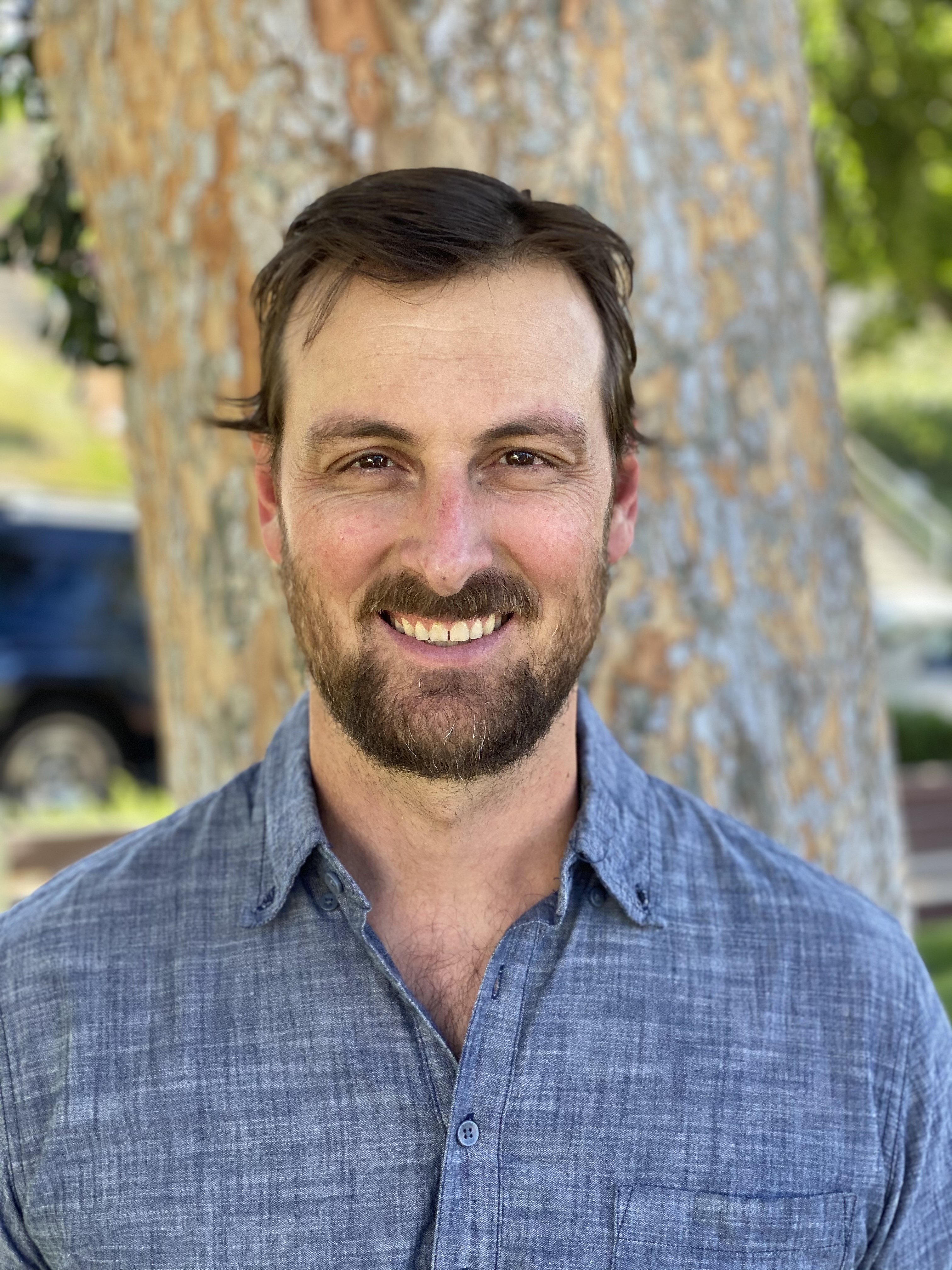Why Have Humans Lost Control of Wildfire in the Western United States?

Dr. Park Williams uses a wide array of observations and modeling techniques to understand hydroclimatic variability and how the effects of anthropogenic climate change compare to past megadroughts. He will discuss exciting new approaches for modeling Western U.S. forest fires, which can help diagnose the contribution of climate change to forest fire trends, and generate insights into what we can expect of future forest fires in California.
—Ruth Oliver, Assistant Professor, Bren School
Watch a recording of this talk here
ABSTRACT
Since the mid-1980s the annual area burned in the western U.S. has increased by approximately 300%. In forested areas, the increase has exceeded 1000%. Simple statistical relationships between fire activity and climate strongly suggest that this increase has been largely driven by warming and drying trends and climate models indicate that anthropogenic climate change has been an important contributor to these trends. However, these results paint an overly simplistic picture. For example, fuel characteristics as well as ignitions and firefighting by humans also have critical impacts on wildfire, and likely modulate the effect of climate on wildfire. Further, these processes are highly heterogeneous geographically and have changed substantially in many areas over the past century. In this talk I will use new, spatially explicit forest-fire and forest-ecosystem models that colleagues and I have developed for the western US to present a preliminary assessment of the magnitude and geographic structure of the contribution of anthropogenic climate change to observed changes in western US forest-fire activity over the past four decades, providing insights for what to expect in the coming decades.
BIO
Park Williams is an associate professor in the Department of Geography at UCLA. Park is a hydroclimatologist whose research aims to understand the causes and consequences of hydrological extremes such as drought. Much of his research focuses on hydroclimatology in its own right, and much also aims to improve understanding of how hydrological extremes affect life on earth (bioclimatology). Questions that he finds especially interesting involve the effects of human-caused climate change on the hydrological cycle, ecological systems, and humanity through extreme events such as heat waves, wildfires, and flooding.